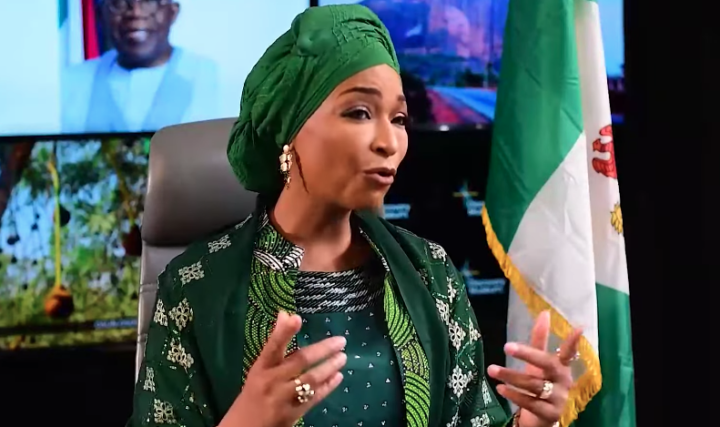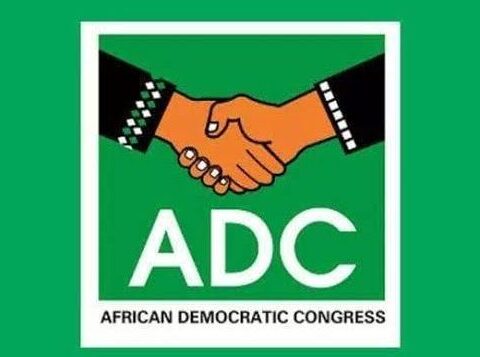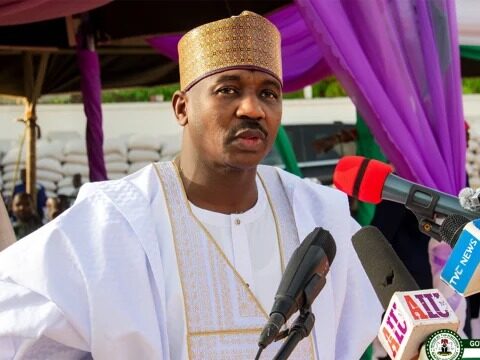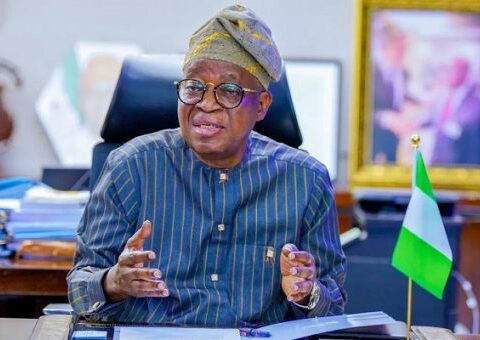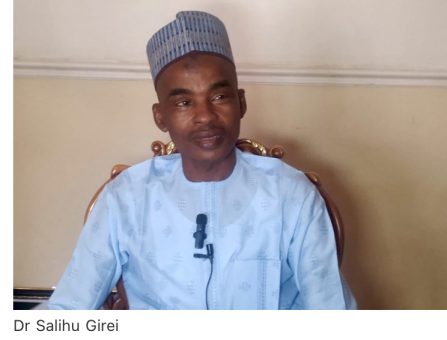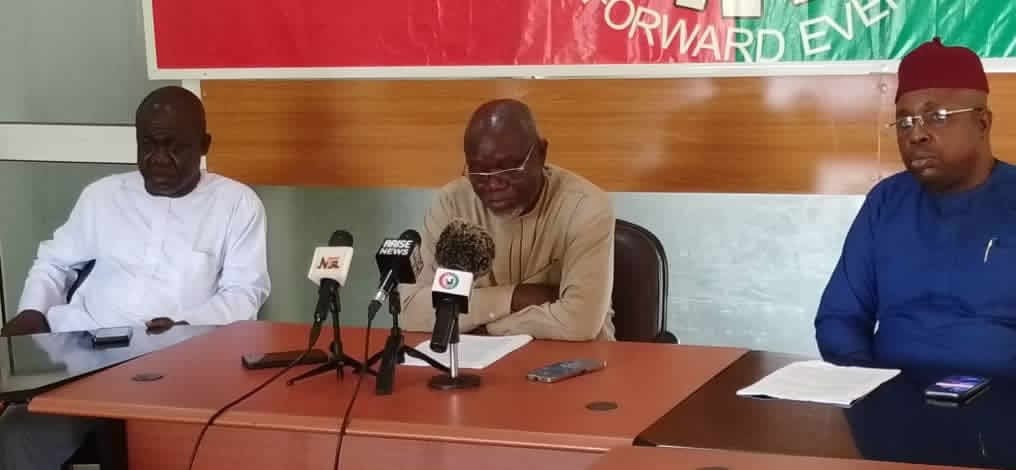Nigeria’s Minister of State for Labour and Employment, Hon. Chukwudi Okeke, has sparked renewed national debate after asserting that presidential power should remain in the southern region of the country in the interest of equity, unity, and political balance.
Speaking during a policy dialogue on national cohesion in Abuja on Thursday, the minister emphasized that the delicate fabric of Nigeria’s democracy rests on a fair and inclusive rotation of power among its diverse regions. His comments come amid rising speculation and political maneuvering ahead of the 2027 general elections.
“The call for power to remain in the South is not about tribalism or political sentiment,” Hon. Okeke said. “It is about sustaining the fragile trust that holds this country together. Power rotation is a stabilizing mechanism. If the North has held power, it is only just that the South continues, at least for another term, to maintain balance.”
The minister, who hails from Anambra State in the South-East, warned against disrupting what he called the “unwritten understanding” that has helped maintain peace in Nigeria’s democratic transition since 1999. He added that anything short of equitable rotation could deepen the divisions already threatening national unity.
Though Okeke stopped short of naming any potential candidate, political analysts believe his statement is a veiled endorsement of southern interests in the race for 2027. The current administration, led by President Bola Ahmed Tinubu from the South-West, is widely expected to seek reelection, although official declarations are yet to be made.
Some critics view Okeke’s remarks as premature and potentially divisive, arguing that competence, not region, should determine leadership. However, others argue that without power balance, national unity could be compromised.
“The North has been in power for a significant portion of Nigeria’s history. The South deserves more time at the helm if we truly believe in fairness,” said political analyst Dr. Halima Yusuf during a Channels TV panel discussion following the minister’s statement.
The minister’s comments drew mixed reactions across party and regional lines. The Southern Governors’ Forum welcomed the call, reiterating their earlier stance on the zoning of the presidency. In a statement signed by Governor Ifeanyi Ijeoma of Enugu State, the forum said: “Power rotation promotes inclusivity. It’s a matter of fairness, and we support the minister’s position.”
Conversely, some Northern leaders have pushed back, calling for a merit-based approach to leadership. Hon. Abdulahi Shehu, a federal lawmaker from Kano, said: “We must stop looking at leadership through the narrow lens of geography. Nigeria needs the best hands, whether from the North or South.”
As political alignments begin to take shape ahead of 2027, Hon. Okeke’s remarks have added momentum to a growing debate that could shape party strategies and alliances in the months to come. While zoning remains an informal arrangement, it continues to play a significant role in determining political balance and public perception.
For now, the minister’s call is a reminder that in Nigeria’s complex federation, the question of “where power goes” remains just as important as “who wields it.”
Follow us on all social media platforms @dailyquery for news and analyses around the globe.
